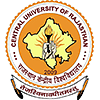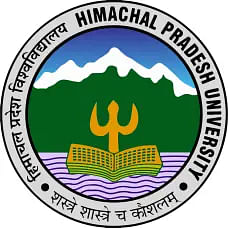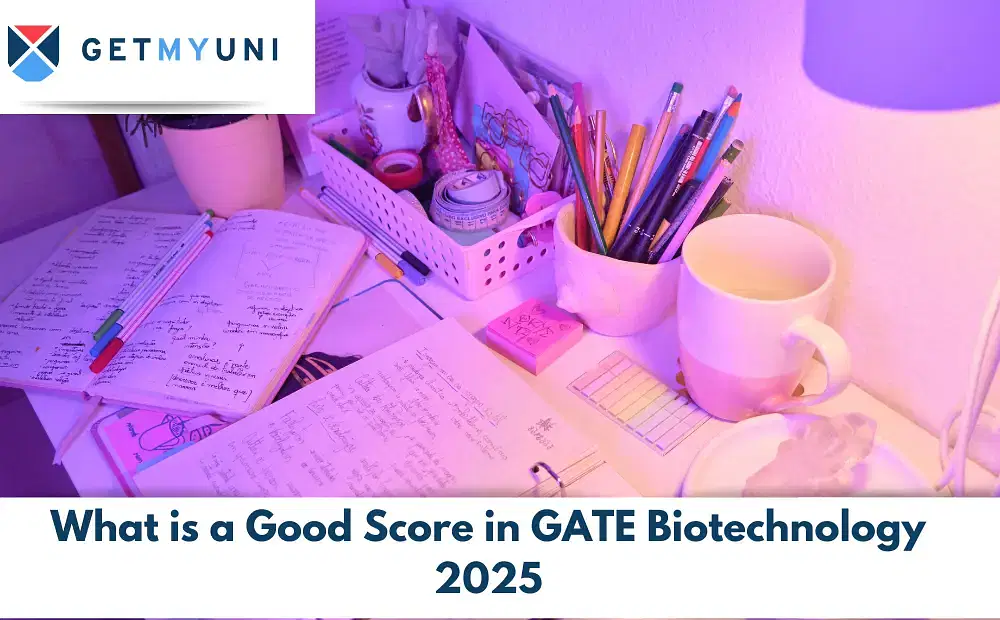Is GATE for PhD aspirants? While GATE offers high-quality research opportunities, it can be intense and competitive. So, do aspirants appear for GATE or choose alternatives? Find out in this article.
Is GATE for PhD aspirants the right choice? Appearing for the GATE exam can be beneficial for candidates looking to build a lucrative career in the research field. On the other hand, a PhD through GATE may require years of preparation.
The GATE exam is a gateway to pursue numerous M.Tech and PhD programmes at India’s esteemed institutions, including IITs, NITs, and IISc Bangalore. However, it is considered one of the toughest exams in the world.
Thus, whether to pursue a PhD through GATE or not can be a common dilemma among GATE aspirants. Bring this dilemma to an end! This article can provide the answer to the question “Is a PhD through GATE the right choice or not?”
Is GATE for PhD Aspirants?
The GATE exam date 2026 will be in February for numerous PhD and M.Tech courses. GATE offers various career opportunities to aspirants seeking admission to PhD programmes.
Financial assistance is provided for PhD programs, which is INR 37,000 per month for the first two years to candidates who have only cleared GATE. At the same time, INR 42,000 per month from the third to the fifth year is offered.
While lakhs of candidates may be appearing for this exam, many are still contemplating whether GATE is the right choice for PhD aspirants. To remove the clouds of confusion among these candidates, a look at the GATE eligibility criteria can allow PhD aspirants to know whether they can appear for the exam. Here’s what they are required to keep in mind:
- Candidates can apply to institutions that are AICTE-funded, including IISc, IITs, IISER, DSTE-funded, NITS, and more.
- Candidates should have a master’s degree in any branch of Science, Mathematics, Statistics, or Computer Applications or an equivalent.
- Candidates must be in the final year of the programs as mentioned above.
Or
- They must have a four-year Integrated Master’s degree (Post B.Sc.) in Engineering/Technology
- Those who are in the second or higher year of their four-year Integrated Master’s degree (Post B.Sc.) in Engineering/Technology can also apply.
Or
Candidates must have a Five-year Integrated Master’s degree or Dual Degree in Engineering/Technology or must be in the fourth or higher year of such programs.
Or
- They should have a five-year integrated M.Sc. or a Five-year integrated B.Sc. /M.Sc. degree or must be in the final year of such programs.
Candidates must have appeared for GATE and JRF, or GATE and NET or just the GATE exam. However, admission to IITs can also be done only on the basis of GATE scores. Moreover, some institutions offer admission to candidates who have appeared for GATE + JRF or GATE + NET.
Also Read: PSU Recruitment Through GATE 2026
Benefits and Drawbacks of a PhD Through GATE
Is GATE the right choice for PhD aspirants? The answer to this question can be found by weighing the benefits and drawbacks of PhD through GATE. Candidates can have a look at the list of pros and cons of pursuing a PhD through GATE:
Benefits of a PhD Through GATE
The following are the benefits that candidates can leverage by pursuing a PhD after the GATE exam:
- Financial Support: GATE-qualified PhD candidates are eligible for government-funded fellowships like the Junior Research Fellowship (JRF), offering a monthly stipend that provides financial stability during research.
- Access to Top Institutions: GATE serves as a gateway to premier institutes like IITs, IISc, and NITs that offer state-of-the-art research facilities and highly qualified faculty, enhancing the research experience.
- Career Opportunities: GATE opens up diverse career paths in academia, R&D roles in PSUs, private industries, and international research organisations.
- Wide Subject Choice: GATE covers a range of subjects, allowing aspirants from various disciplines to pursue interdisciplinary research programs.
Drawbacks of PhD Through GATE
Here’s the list of drawbacks of pursuing a PhD after the GATE exam:
- Intense Competition: With lakhs of aspirants, securing a high GATE score and admission to top PhD programs is highly competitive.
- Preparation Time: Preparing for GATE is demanding and time-consuming, especially for working professionals or those out of academic practice. Ideally, candidates must begin their GATE preparation at least 1.5 years before the exam day.
- Limited Specialization Focus: GATE evaluates undergraduate-level knowledge, which may not fully align with the specialised topics required for advanced PhD research.
Also Read: What Does it Take to Become a GATE Topper?
Is GATE the Right Choice for a PhD?
Whether GATE for PhD aspirants is the right choice depends on several factors, including the student’s field of study, research interests, and career goals. For students seeking admission to top institutions with strong research credentials, appearing for the GATE exam is highly advantageous. It can provide access to funding, high-quality research environments, and excellent career prospects.
On the other hand, aspirants must weigh the challenges of pursuing a PhD through GATE. The intense competition, the need for broad subject knowledge, and the time commitment involved in preparing for the GATE exam can be exhausting. Those who are confident in their preparation and are committed to long-term research goals will find GATE to be a valuable stepping stone towards their research career.
Also Read: Benefits of Writing the GATE Exam
Alternatives to GATE for PhD Aspirants
While GATE remains one of the most popular paths to pursue a PhD, it is not the only route available. Many private universities and research institutes have their PhD entrance exams or direct interview processes, which may not require a GATE score but focus more on a candidate’s research proposal and academic background.
Other competitive exams, like the following can also serve as alternatives depending on the field of study:
- UGC NET
- Joint Admission Test (JAM) for MSc
- JEST (Joint Entrance Screening Test)
- IISER Entrance Exam
- ICMR JRF
- AIIMS PhD Entrance Exam
- DBT JRF Biotechnology Test
- NIPER
Also Read: PSU Recruitment Without GATE
GATE for PhD aspirants is right or not depends upon the career goals, efforts, and field of study. The GATE exam is a great pathway to lucrative incentives and even career opportunities at PSUs. On the other hand, the competitive nature of the exam, and the time consumed for its preparation can make it less preferable.























